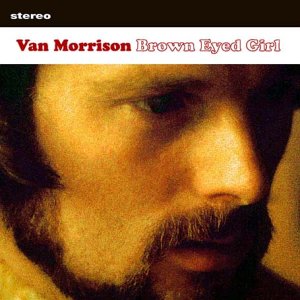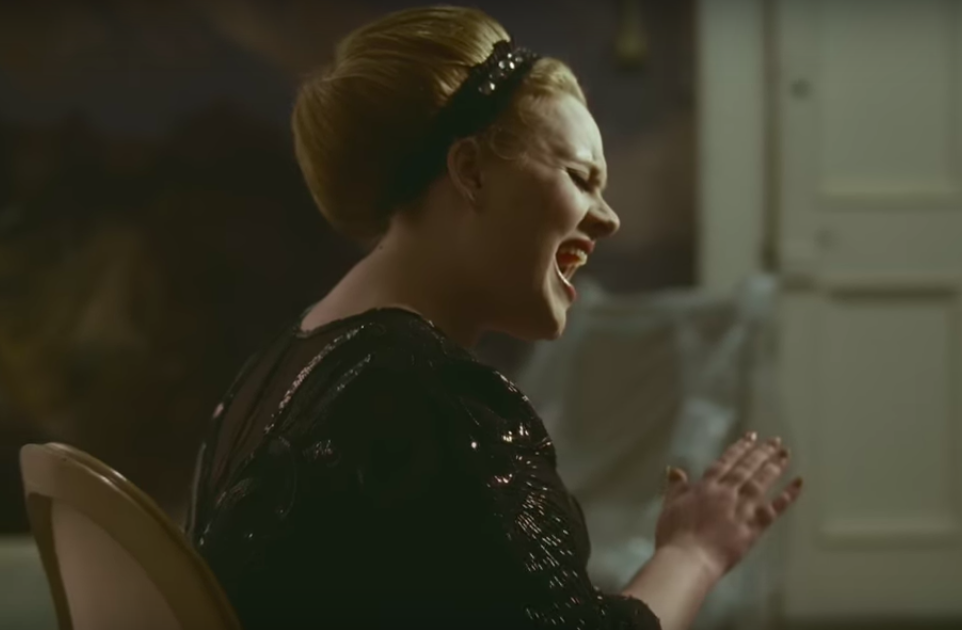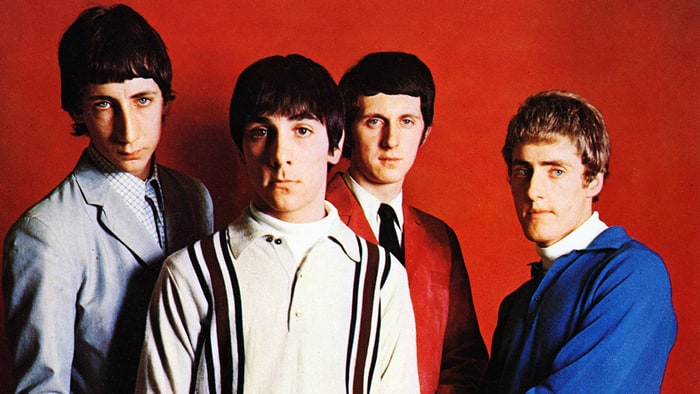In 1934 congress established the Federal Communications Commission’s (FCC) to monitor content on the radio, television and other media outlets. Rules and regulations set by the FCC, regulate public radio’s ability to play content that can be viewed as explicit or inappropriate to an average listener. But what justifies the average listener, and how do these censorship laws potentially hinder artistic expression through lyrics?
So, let’s start with what justifies banning a song. Supposedly, according to the FCC website, “Federal law prohibits obscene, indecent and profane content from being broadcast on the radio or TV.”
This content is defined as anything that can be viewed as grossly offensive, overly sexual or explicit by the average person.
 In the early 1960’s Van Morrison wrote the song “Brown Eyed Girl,” you may have heard of it. However, what you may not have heard is that the song was originally titled “Brown Skinned Girl.” Morrison wrote the song about an interracial couple, and had to re-title it to what we know today, in order to make it more “radio-friendly.”
In the early 1960’s Van Morrison wrote the song “Brown Eyed Girl,” you may have heard of it. However, what you may not have heard is that the song was originally titled “Brown Skinned Girl.” Morrison wrote the song about an interracial couple, and had to re-title it to what we know today, in order to make it more “radio-friendly.”
The banning of Morrison’s song is an example of two things; what our culture views as indecent changes over time, and, more related to my point, censorship regulations ban and/or censor songs for more than just it’s lyrical content. The original meaning Morrison set for “Brown Eyed Girl” cannot be easily identified by its lyrics alone.
Additionally, according to ncac.org, a popular folk band in the 1950’s called the Weavers, were blacklisted due to their “leftist political views.” The band lost their recording contract because of this.
In 1965, the song “My Generation” by The Who was banned because the specific vocal style for that song sounded too much like stuttering. M.I.A’s “Paper Planes” released in 2007, was considered explicit due to a gunshot heard in the background of the chorus.
 And Adele’s song “Rolling in the Deep” was censored on some radio stations for explicit content. Because of how Adele sang and her slight accent, in some areas of the song it was difficult to decipher if she was saying “sh**” or “ship, and “pitch” or “b**ch.”
And Adele’s song “Rolling in the Deep” was censored on some radio stations for explicit content. Because of how Adele sang and her slight accent, in some areas of the song it was difficult to decipher if she was saying “sh**” or “ship, and “pitch” or “b**ch.”
And, as a final example, in 1988 Neil Young wrote a song that parodied commercial rock titled “This Note’s For You.” The song was banned by MTV, and according to ncac.org, this was because it critiqued the music industries close relationship to corporate America.
So in summary, Morrison wrote a song about interracial couples, the Weavers had political views, the vocals in a Who song sounded like stuttering, there was a gunshot in the background of an M.I.A song, Adele sang with an accent and Young parodied the music industry and corporation relationship. All of these choices artists made got their songs censored, banned or blacklisted.
So, I’ll leave you with two questions. Do you think these examples deserved to be banned, and did the reasoning match with what censorship laws were created to censor? And does this affect how artists can express ideas in their work?
Cerridwyn Kuykendall
Associate Editor


